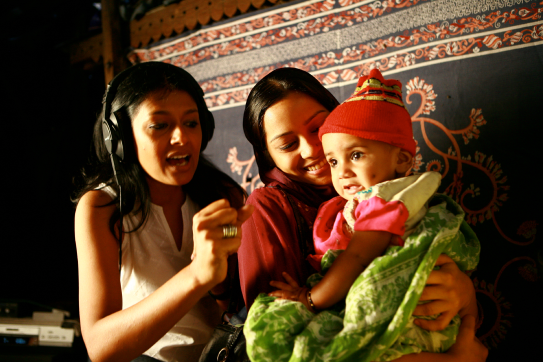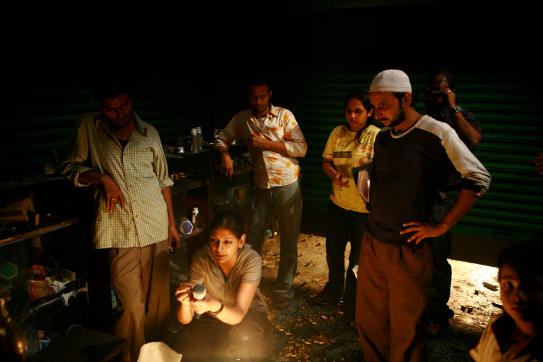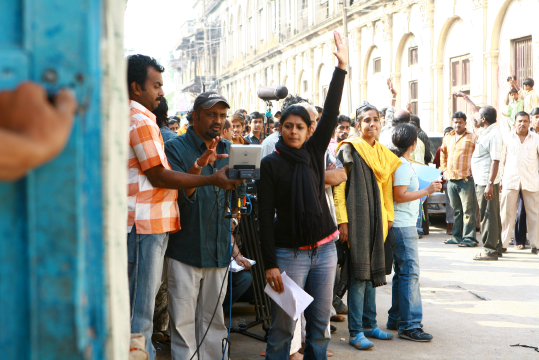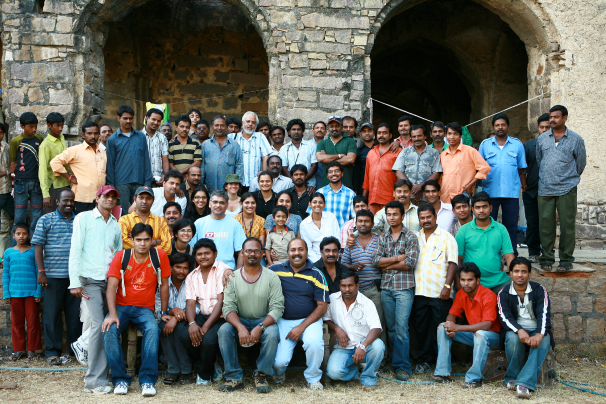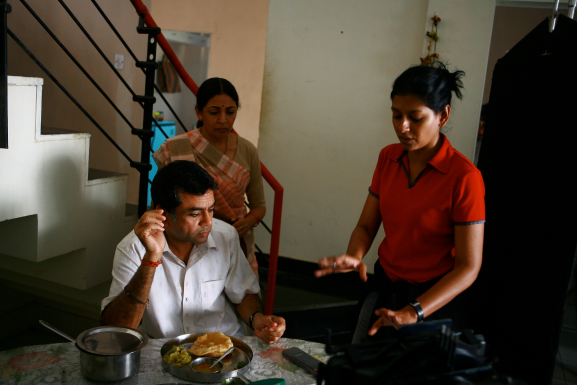There really is no difference
- November 1, 2005
A friend of mine from Chicago visited me the other day, with her cute little daughter Varsha. She had first seen Varsha in Pune, at an orphanage, when she was less than a year old. But the bureaucratic process had made it so difficult for her to adopt, that she could actually get Varsha only after she turned 2.
Neena told me how difficult it was for her to pull the little child away from the ayas (caretakers) at the orphanage, and how both, she and Varsha had howled (for different reasons of course) when the moment arrived. Obviously, Varsha hated being in the arms of this absolute stranger and Neena hated being the cause of all the pain that was being inflicted on this frail and vulnerable child. Hearing all the stories I was trying to imagine the situation. The reason why I found it so difficult to picture this was that the scenario in front of me was totally different – In only in 3 days, Neena had become the centre of Varsha’s universe and vise versa. The little girl clung onto her mother, as if to never let go! Does it take so little time to become inseparable? This environment activist friend whose life was work, work and more work, was suddenly surrounded by diapers and toys and most of all her bundle of Joy. Varsha would not leave her for a second and Neena was thrilled about it!
I have been thinking of adoption as a concept for many years now and have often considered adopting a little angel myself. And more recently, my husband and I have been working on a few scripts for a PSA (Public Service Ad) on adoption. We’ve been discussing the triggers and mindblocks that surround it. So it was synchronistical that Neena dropped by with her little Varsha, and shared all the experiences she had gone through ever since she began thinking of adopting.
Unquestionably, the joy of having a child is unparalleled and occupies paramount importance in the minds of most adults (not only married couples but also potential single parents). Only a small percentage of this universe, however, ‘considers’ adoption as a meaningful alternative. Fewer still, end up taking the first step, that of calling an adoption agency, and a miniscule fraction finally end up adopting.
I can at least speak of India; here adopting a child is both a difficult decision and a difficult process. Numerous psychological, social and legal blocks pose as hurdles in the path to adoption. Looking at the insights gained from exploring the psyche of potential parents during our research, we realized that the main trigger is the desire to have a child and be a parent. Often the blocks to adopt are whether the child would truly become theirs- in look, behaviour, attitude etc. There is also uncertainty about how the child would turn out to be when he/she grows up. Then, how will other children, friends, relatives react/relate to the child. And lastly how would the child itself, react/relate to foster parents. Little do we realize that parenting per se and the issues around it are not much different in the case of adoption, as in bringing up biological children. The birth process itself is a very very small part of parenting. What makes you a parent is watching a child grow, sharing the good and bad times, playing together, nurturing, and making him/her a whole person.
We know that an adopted child’s character/future is just as uncertain as it is with a biological child. When parents adopt a child they are not doing any social service, they are filling their own lives with all the joys and all the pains of parenting. There really is no difference.
So many abandoned children looking for a loving parent and so many lonely parents seeking joy and fulfillment…can’t they be brought together?

